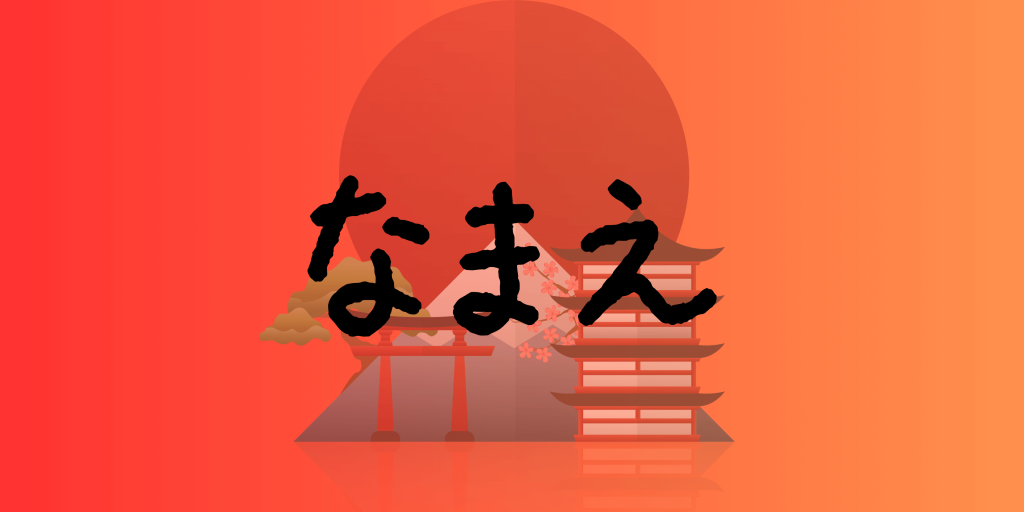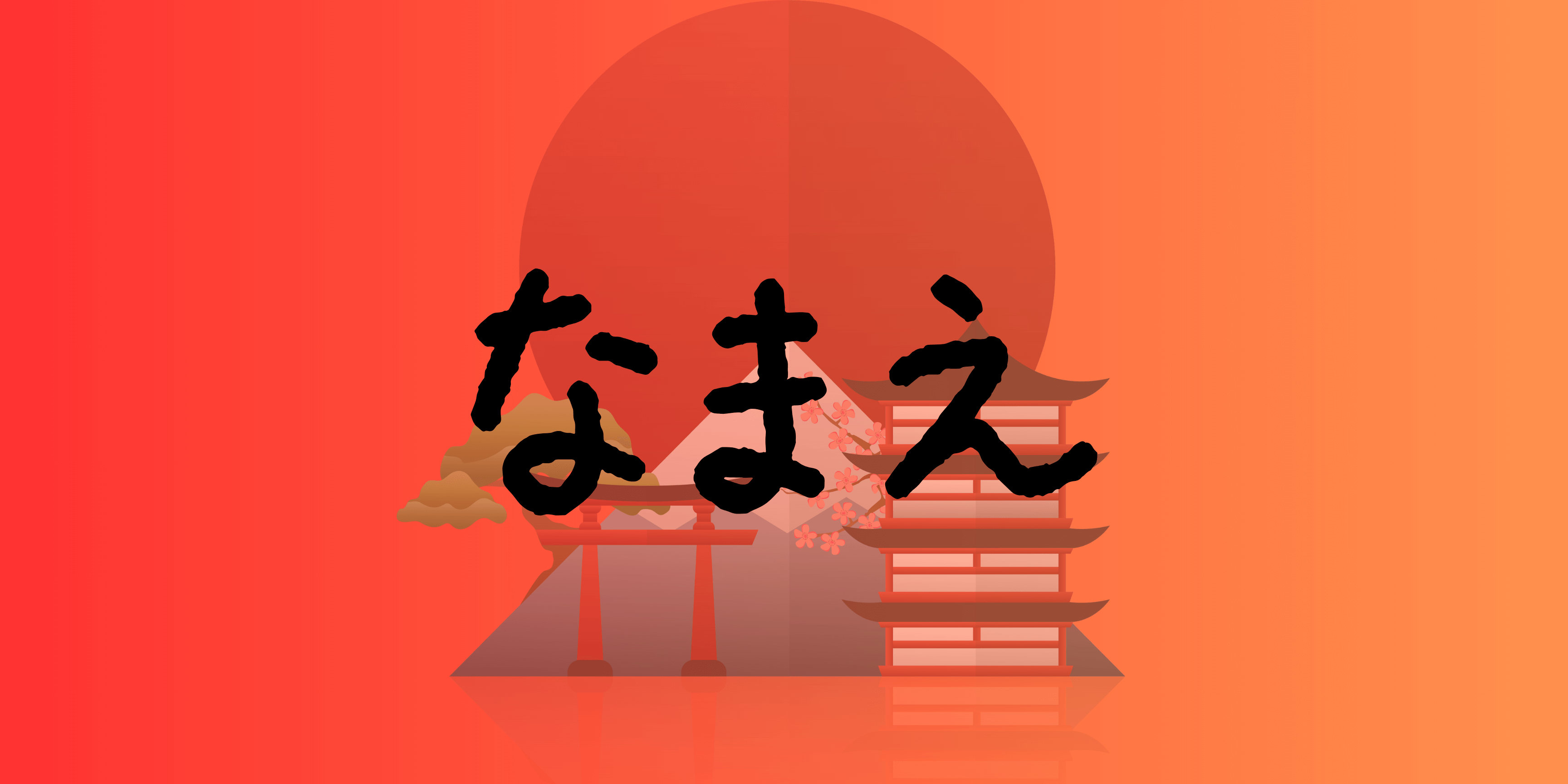
Japanese names often carry deep meanings, reflecting various aspects like nature, emotions, and even colors. Among these, some names resonate with the concept of ‘darkness’, symbolizing mystery, strength, or beauty. These names, imbued with cultural significance, offer a glimpse into the rich tapestry of Japanese language and traditions.
In this article, we will discuss Japanese names meaning dark. We’ll explore their origins, the nuances of their meanings, and how they are perceived in Japanese culture.
Importance of Japanese Names Meaning Dark
In Japanese culture, names have deep meanings. They often reflect traits or beliefs. Japanese names meaning dark are special. They can symbolize mystery, strength, or beauty. These names aren’t just about the color. They’re about deeper qualities.
Names like “Kuro” (black) or “An” (darkness) have unique significance. In Japan, such names might connect to nature or spirituality. They show the value of different perspectives. “Dark” doesn’t always mean bad. It can mean something deep and important.
Choosing a name like this is thoughtful. It shows respect for tradition and meaning. Parents might choose these names hoping for a strong, unique child. It’s about finding beauty in all aspects of life
50 Japanese Names Meaning Dark
- Aoi (葵) – means “hollyhock”, a blue-purple flower
- Ayumu (歩) – means “walk”
- Chiyo (千代) – means “a thousand generations”
- Ebony (エボニー) – the black wood, ebony
- Hiei (飛影) – means “flying shadow”
- Kage (影) – means “shadow”
- Kuro (黒) – means “black”
- Kurai (暗い) – means “dark”
- Kurenai (紅) – means “crimson”
- Makoto (誠) – means “truth” or “faithfulness”
- Murasaki (紫) – means “purple”
- Nyx (ニックス) – the Greek goddess of night
- Rei (零) – means “zero” or “null”
- Shiro (白) – means “white” or “castle”
- Sora (空) – means “sky”
- Sumi (墨) – means “ink”
- Tsubaki (椿) – means “camellia”, a red flower
- Tsuki (月) – means “moon”
- Yami (闇) – means “darkness”
- Yoru (夜) – means “night”
- Yugi (遊戯) – means “game”
- Akuma (悪魔) – means “devil” or “demon”
- Ankoku (暗黒) – means “darkness”
- Ao (青) – means “blue”
- Chairo (茶色) – means “brown” or “tea color”
- Erebus (エレブス) – Greek god of darkness
- Fuwa (ふわ) – means “fluffy”, “soft” or “fuzzy”
- Fuyu (冬) – means “winter”
- Gin (銀) – means “silver”
- Hisoka (密か) – means “secretive” or “mysterious”
- Jin (仁) – means “benevolence” or “virtue”
- Kageyama (影山) – means “shadow mountain”
- Kokuto (黒刀) – means “black sword”
- Kuroyuri (黒百合) – means “black lily”
- Miyako (都) – means “capital city”
- Mori (森) – means “forest”
- Nara (奈良) – Japan’s first permanent capital
- Nozomi (希) – means “hope” or “wish”
- Oboro (朧) – means “haze” or “dimness”
- Onyx (オニキス) – the black gemstone
- Raven (レイヴン) – the black bird
- Saburo (三郎) – means “third son”
- Takenaka (竹中) – means “within bamboo”
- Tasogare (黄昏) – means “dusk” or “twilight”
- Towa (永久) – means “eternity”
- Tsukiyomi (月読) – the moon god
- Umbra (ウムブラ) – Latin for “shadow”
- Usagi (兎) – means “rabbit”
- Yagami (夜神) – means “night god”
- Yamato (大和) – an old name for Japan
50 Japanese Names Meaning Dark For Boys
- Akuma
- Ao
- Ayumu
- Chairo
- Dai
- Erebus
- Gin
- Hiei
- Hisoka
- Jin
- Jiro
- Kage
- Kageyama
- Kokuto
- Kuro
- Kuroyuri
- Makoto
- Midori
- Murasaki
- Onyx
- Raven
- Rei
- Riku
- Ryo
- Ryuu
- Saburo
- Shiro
- Shou
- Sora
- Taka
- Taro
- Towa
- Tsuki
- Tsukiyomi
- Umbra
- Usagi
- Yagami
- Yamato
- Yami
- Yoru
- Yoshi
- Yugi
- Zack
- Zen
- Zephyr
- Zero
- Zinc
- Zolar
- Zulu
- Zuri
50 Japanese Names Meaning Dark For Girls
- Akari
- Ayame
- Chiyo
- Ebony
- Fuji
- Hana
- Haru
- Hikari
- Hotaru
- Kage
- Kai
- Kaida
- Kanna
- Kano
- Kara
- Kasumi
- Kaya
- Keiko
- Kiko
- Kimi
- Kira
- Kisa
- Koko
- Kokoro
- Kuro
- Kurenai
- Mai
- Mei
- Midori
- Miki
- Miu
- Miyu
- Mizuki
- Mura
- Natsu
- Nyx
- Rei
- Rin
- Ruri
- Saki
- Sayuri
- Shizuka
- Sumi
- Tomi
- Ume
- Yori
- Yua
- Yui
- Yuka
- Yumi
50 Japanese Names Meaning Dark Angel
- Akuma – Devil or demon
- Anzu – Dark night
- Ayame – Iris flower
- Ayumu – Walk in darkness
- Azami – Thistle flower
- Ebony – Dark wood
- Fumiko – Child of darkness
- Hikari – Light
- Hisoka – Secretive, mysterious
- Hotaru – Firefly
- Kage – Shadow
- Kasumi – Mist
- Kohana – Little flower
- Kokoro – Heart, spirit
- Kuro – Black
- Kurai – Dark
- Mei – Dark
- Midori – Green
- Miyako – Beautiful night
- Mizuki – Beautiful moon
- Mori – Forest
- Murasaki – Purple
- Nyx – Goddess of night
- Rei – Zero, nothingness
- Rin – Dignified
- Ruri – Lapis lazuli
- Sayuri – Small lily
- Shizuka – Quiet
- Tsuki – Moon
- Yami – Darkness
- Akuma – Devil, demon
- Ao – Blue
- Daichi – Great land
- Erebus – God of darkness
- Hayate – Smooth wind
- Hiei – Flying shadow
- Hisoka – Secretive, mysterious
- Jin – Benevolence, virtue
- Jiro – Second son
- Kage – Shadow
- Kuro – Black
- Makoto – Sincerity, truth
- Murasaki – Purple
- Raiden – God of thunder
- Rei – Zero, nothingness
- Riku – Land
- Ryo – Refreshing
- Ryuu – Dragon
- Taro – First son
- Yoru – Night
How to choose Japanese Names Meaning Dark?
Choosing Japanese names meaning dark can be interesting. To start, look for names that directly translate to ‘dark’ or similar concepts in Japanese. For example, ‘Kuro’ means black, a common association with darkness.

Next, consider names that evoke the feeling of darkness or night. These might not translate directly but carry a dark essence. Names like ‘Yami’ (darkness) or ‘Ankoku’ (dark) are great examples.
Lastly, remember the cultural significance. Japanese names often have deep meanings. Ensure the name you pick resonates well within the context you’re using it. By keeping these points in mind, you’ll find the perfect Japanese name meaning dark.
FAQs
What are some Japanese names that mean ‘dark’?
Some Japanese names that mean ‘dark’ include Kuro (黒), Yami (闇), and Kurai (暗い).
What is the cultural significance of names meaning ‘darkness’ in Japanese culture?
In Japanese culture, darkness can signify mystery, depth, and strength. It is seen as a powerful and captivating characteristic.
Can you provide examples of Japanese names with dark meanings?
Certainly! Examples of Japanese names with dark meanings include Akuma (悪魔), Inei (shadow), and Kakon (darkness).
Do Japanese names meaning ‘dark’ have positive associations?
Yes, Japanese names meaning ‘dark’ can convey various positive meanings. Black is associated with qualities like strength and sophistication.
Conclusion
Japanese names with meanings related to ‘dark’ carry deep, cultural significance. These names often reflect qualities like mystery, strength, or beauty. Choosing such a name can show a connection to these traits or an appreciation of Japanese culture.
This selection of names offers a unique and meaningful way to name someone or something, blending traditional meanings with a contemporary feel.